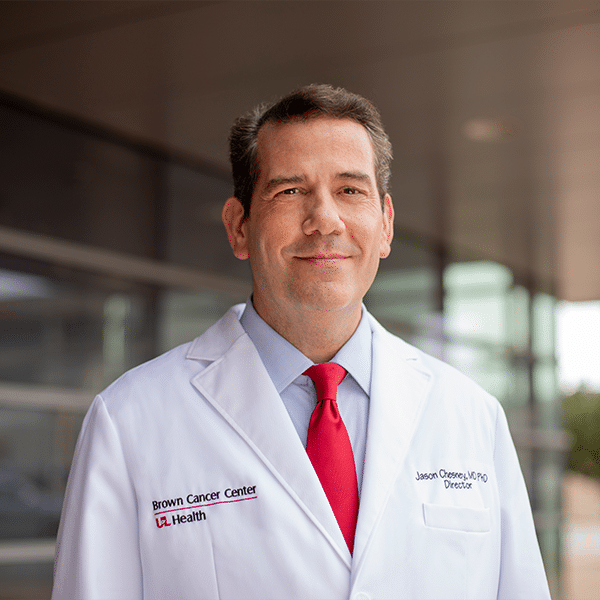
It’s summertime and, generally, that means cracking open the sunscreen. What if I told you that your sunscreen could cause cancer? Studies have shown that some sunscreen brands use ingredients that your skin will absorb and may have adverse effects. Some sunscreens were pulled from the shelves after testing found they were contaminated with a cancer-causing chemical called benzene. With that said, sunscreen has not been proven to be directly linked to skin cancer.
What is causing the increase in patients with melanoma? Although people are using sunscreen, providers are seeing more patients with melanoma and other types of skin cancer. Even patients in their 20s and 30s have come in with later stages of melanoma.
What is melanoma?
Melanoma is a type of skin cancer that first develops within melanocytes. If you break that term down, it simply means a cell (cyte) that produces melanin, the pigment that gives skin its color. Melanoma has several different variations and has different stages of the disease. Early detection is crucial to properly identify the type and treatment, as melanoma can spread to other organs if not treated appropriately. Although curable, left untreated or not detected, it can become deadly. Survival rates are getting better, but melanoma is still the fifth most commonly diagnosed cancer in the U.S.
How do I know if I have melanoma?
Many people may associate having melanoma with an unidentified mole on their body. However, melanoma doesn’t always begin as a mole. Key symptoms to look for are a change in an existing mole or the development of anything new, unusual or changing on your body’s skin. Melanomas can develop on any area of the body, including those that don’t tend to receive lots of sunlight. Read more about other melanoma symptoms here.
What else can I do to protect my skin?
- Wear long-sleeved UVB protective clothing, hats, shoes that also cover the top of your feet, and don’t forget sunglasses.
- Monitor the amount of time you spend in the sun. Take extra precautions by decreasing the amount of time you’re exposed to the sun and try to stay out of the sun between 10 a.m. and 4 p.m. when the sun’s rays are the harshest.
- When picking a sunscreen, look for an SPF of 50 or more and ones that contain metals. Metals such as zinc and titanium dioxide are nanoparticles that protect your skin by blocking more of the harmful UV rays.
- If you choose to stay outside for long amounts of time, don’t forget to reapply sunscreen every couple of hours and more often if you get wet or sweaty.
Have you noticed new or changing spots on your skin? Talk to your dermatologist or primary care provider about a skin cancer screening. Call the UofL Physicians – Primary Care Hotline at 502-588-4343 to find a primary care provider.
If you’ve been diagnosed with melanoma, request an appointment with UofL Health – Brown Cancer Center by calling 502-562-HOPE (4673).
UofL Health – Brown Cancer Center offers a tailored treatment for patients, understanding there is no “one-size-fits-all” solution or type of cancer. Your multidisciplinary team includes surgical, medical and radiation oncologists and may also include other appropriate specialists from our internationally recognized Multidisciplinary Skin Cancer and Melanoma Clinic. The Brown Cancer Center is one of the top sites in the world to test immunotherapies for metastatic melanoma.









